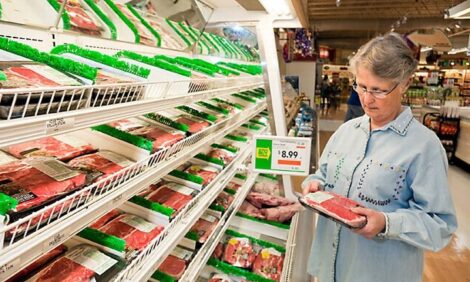



Improved Production and Support of Ag Practices
CANADA - A researcher with the University of Manitoba says pork producers have come to rely on science not only to improve production but also to demonstrate to the public that the practices they use are correct, Bruce Cochrane writes."Research in the making, past, present and future" was discussed this week in Winnipeg as part of the 25th annual Manitoba Swine Seminar.
Dr Laurie Connor, the head of the University of Manitoba's Department of Animal Science, says research has always filled the role of providing knowledge, information and fact in helping producers sift through the fiction to help them improve production.
Dr Laurie Connor-University of Manitoba
One of the big ones there that comes certainly to my mind would be those things that are associated with animal care or welfare as well as the food quality aspect.
Because of that I think that there has become perhaps an increased awareness from the producer segment that they need to have scientific information to support the way that they operate if you will and also to support their regulations, their recommendations and that is the ammunition if you will that they would use to counter some of the consumer concerns or in other cases to assure consumers that what they're doing is done correctly.
What I've become aware of perhaps is an increased willingness and desire to base some decisions, practices, as well as if we're talking about developing policy and regulations to base that actually on scientific evidence rather than just maintaining status quo.
Dr Connor says key issues being dealt with today include the use of alternative feedstuffs due to increased competition for feed grains from the biofuels industry, ways of dealing with environmental issues and issues surrounding animal welfare.
She suggests, as we head into the next 25 years of Manitoba Swine Seminars, the best way to predict the future is to invent it.








